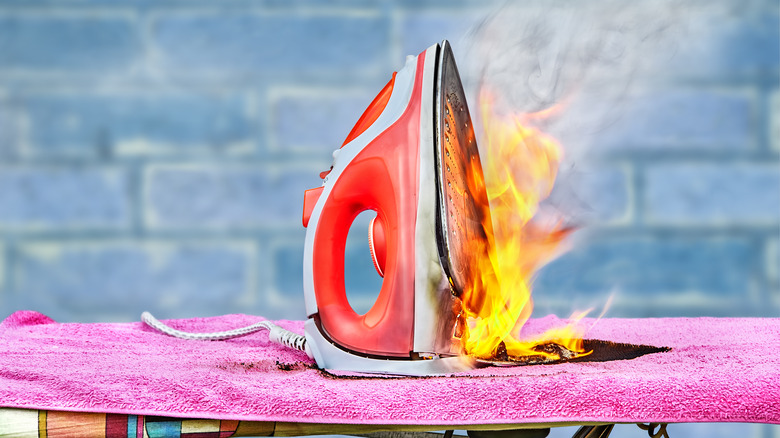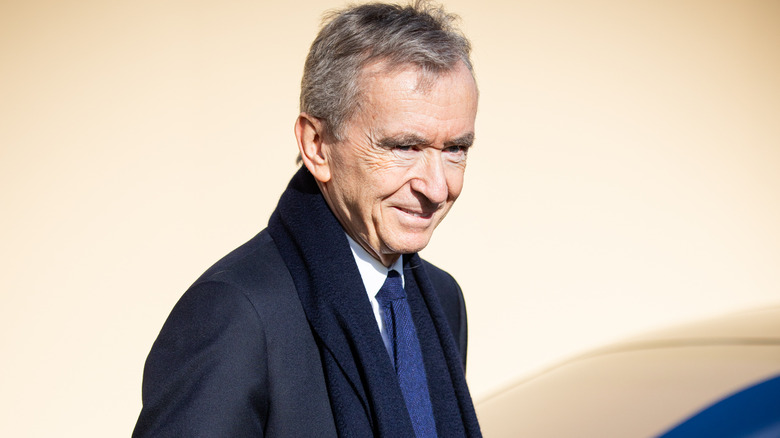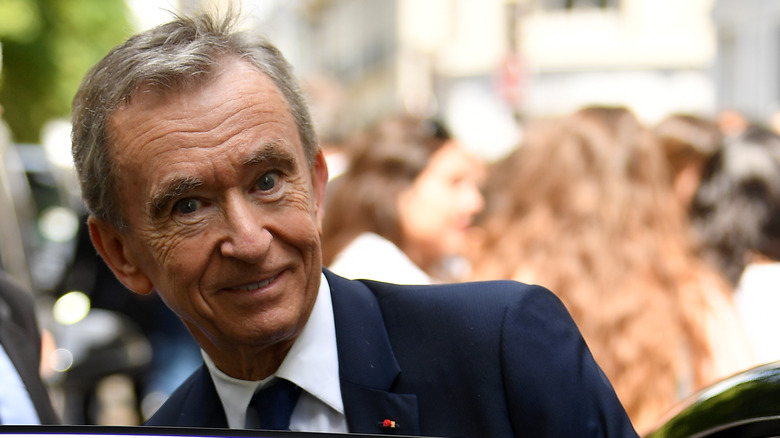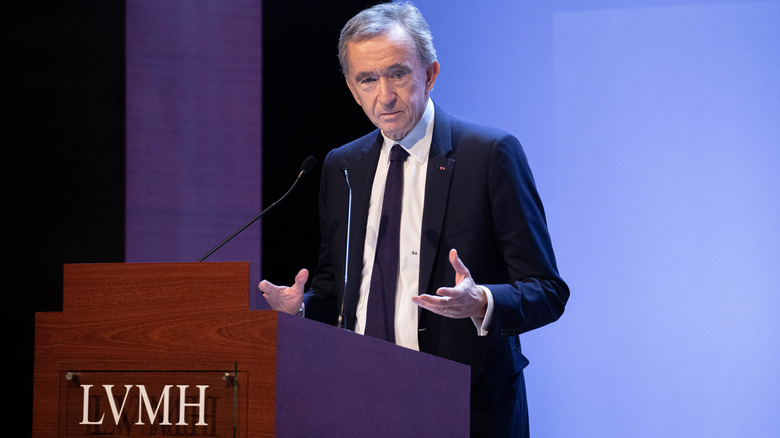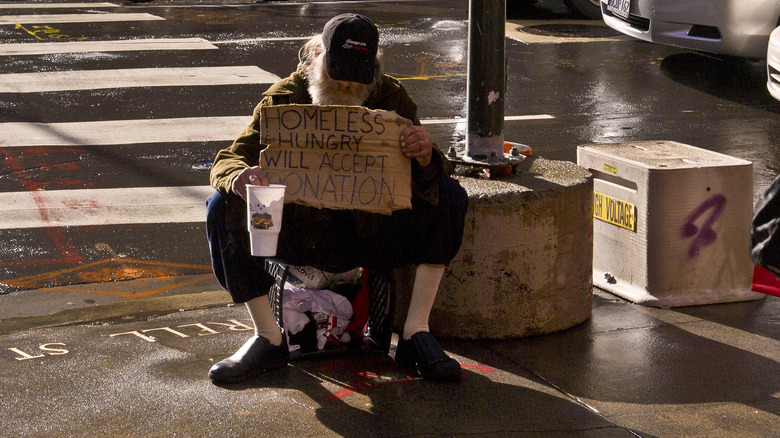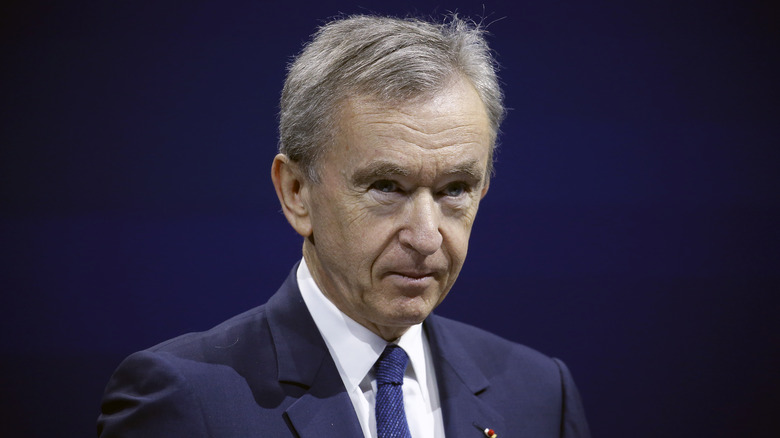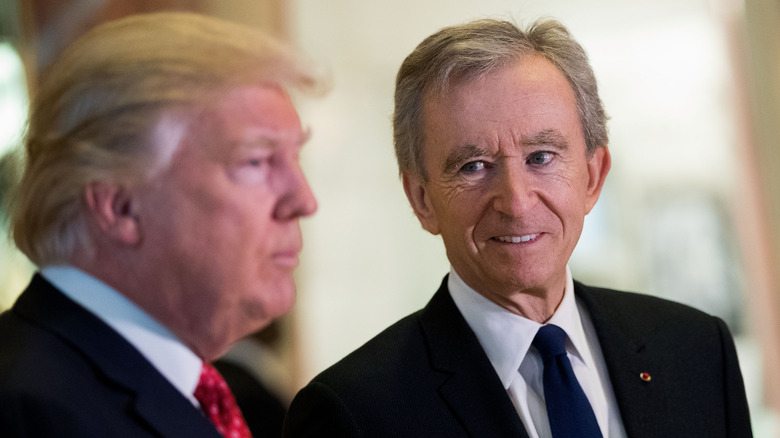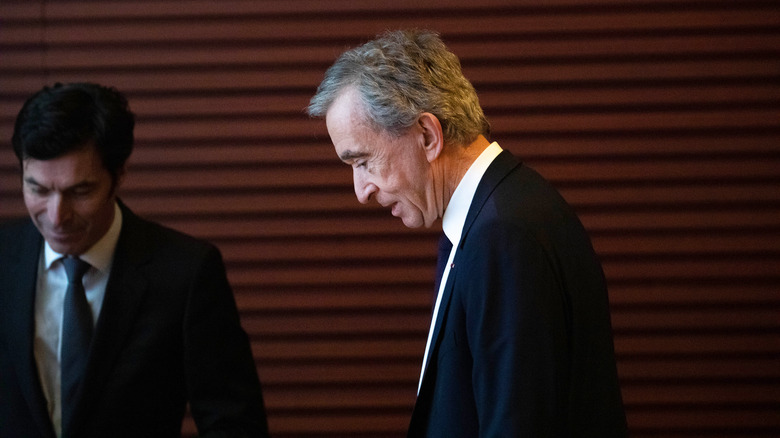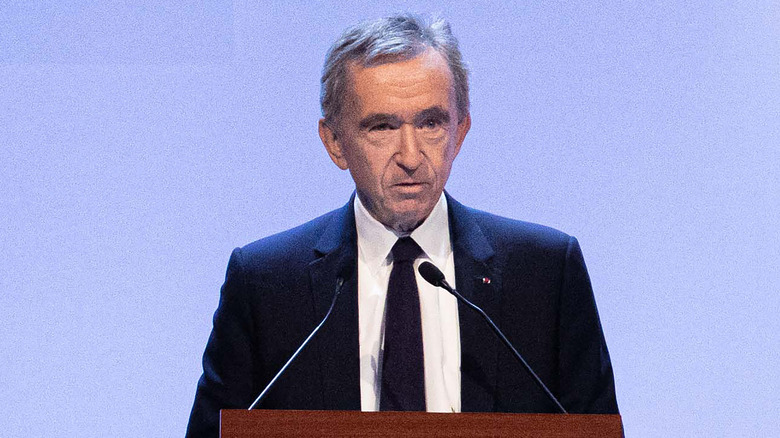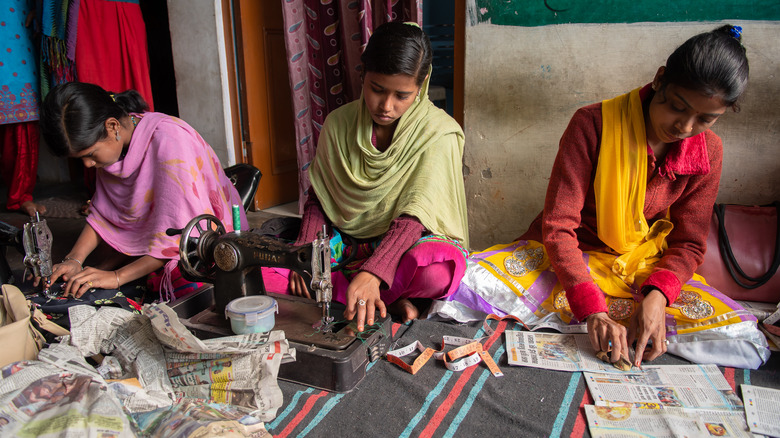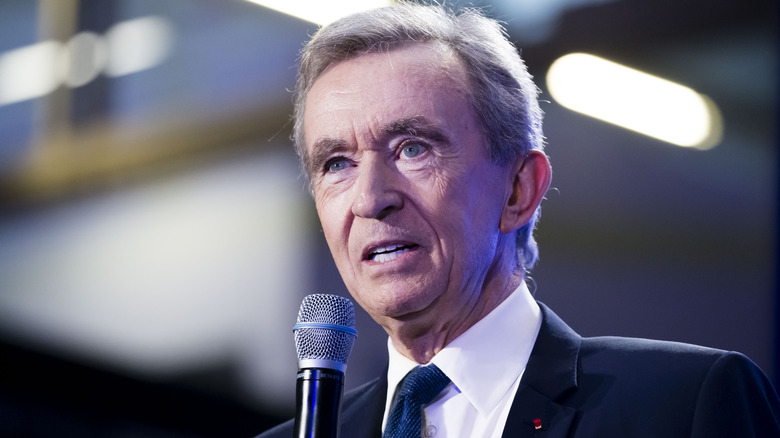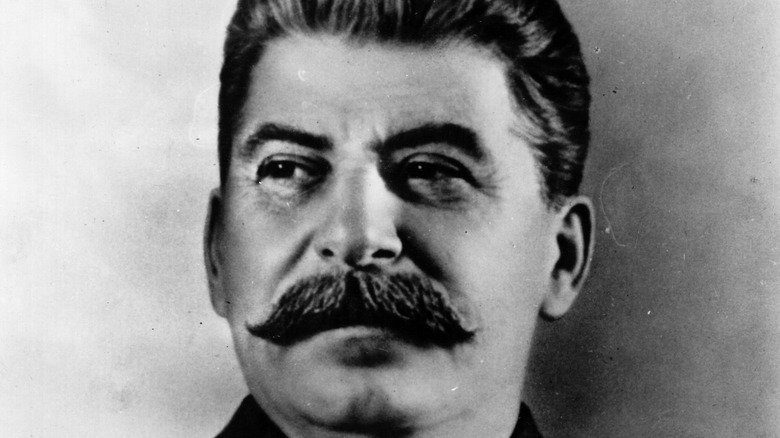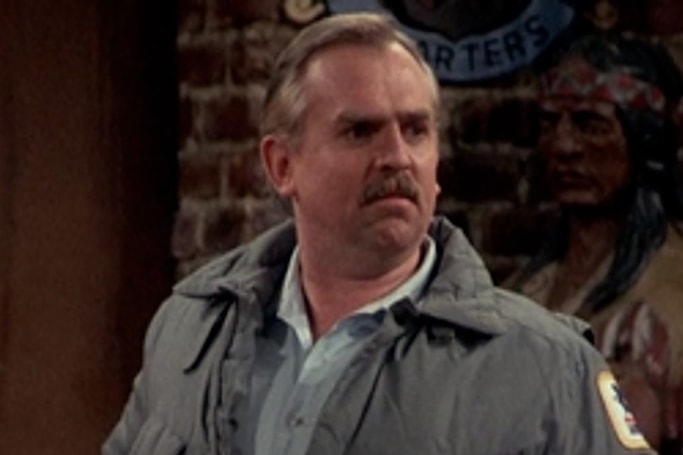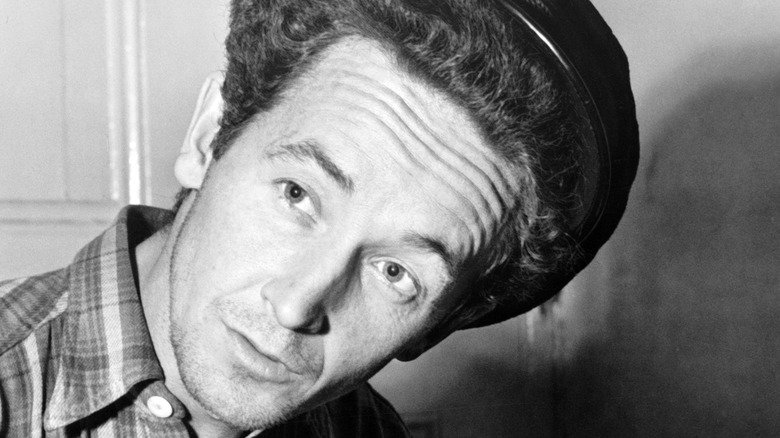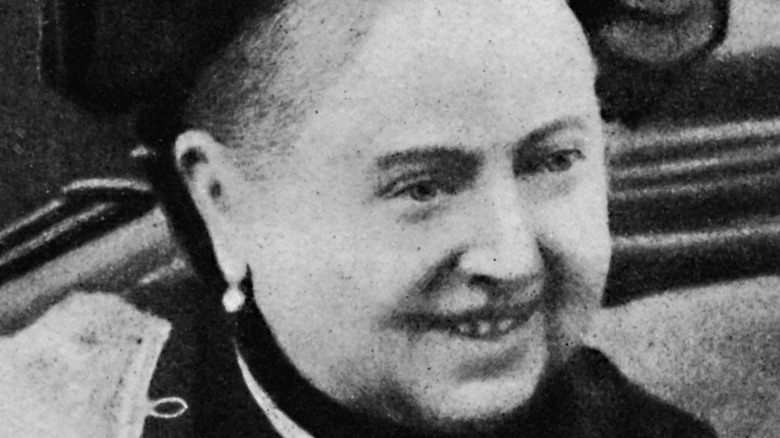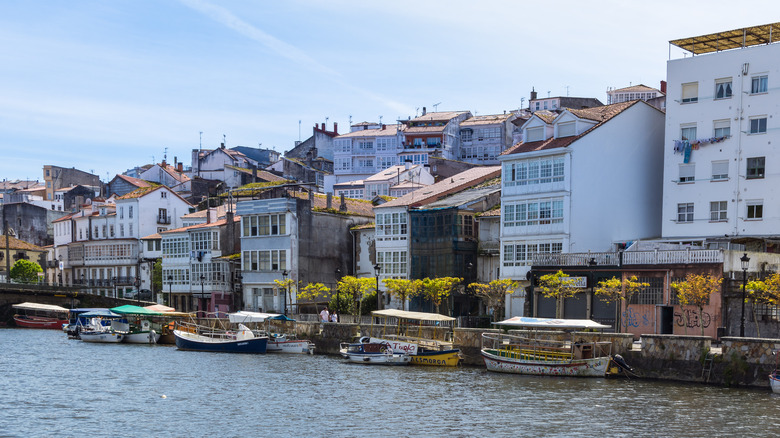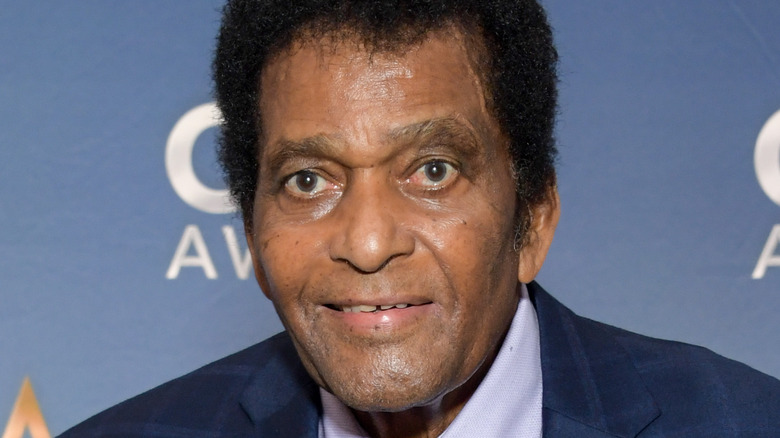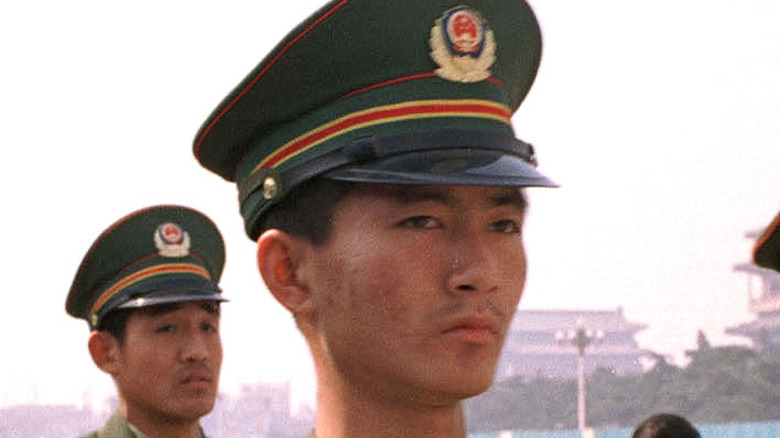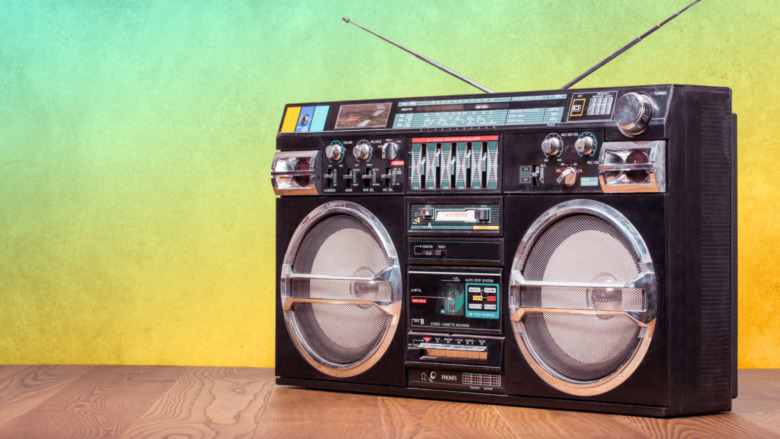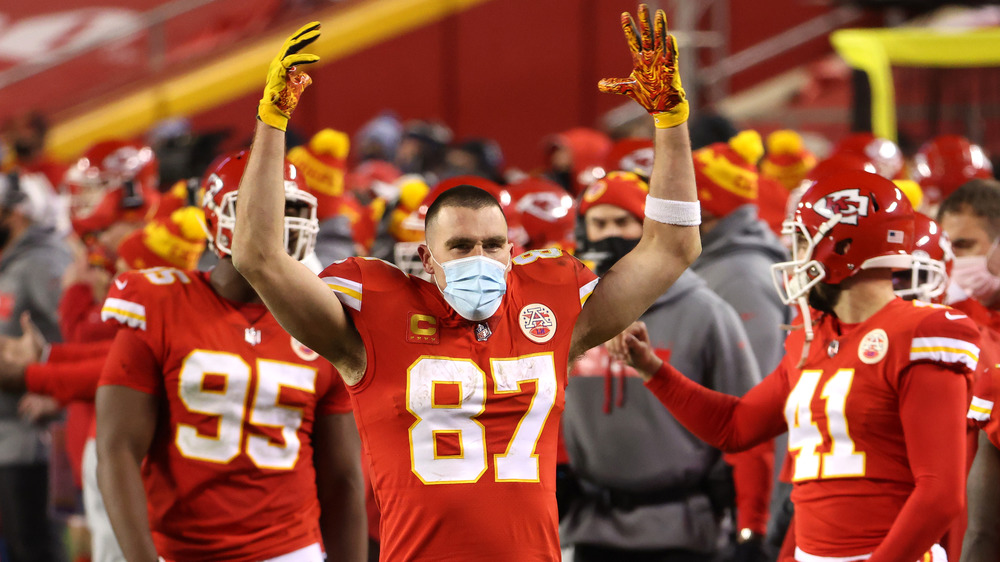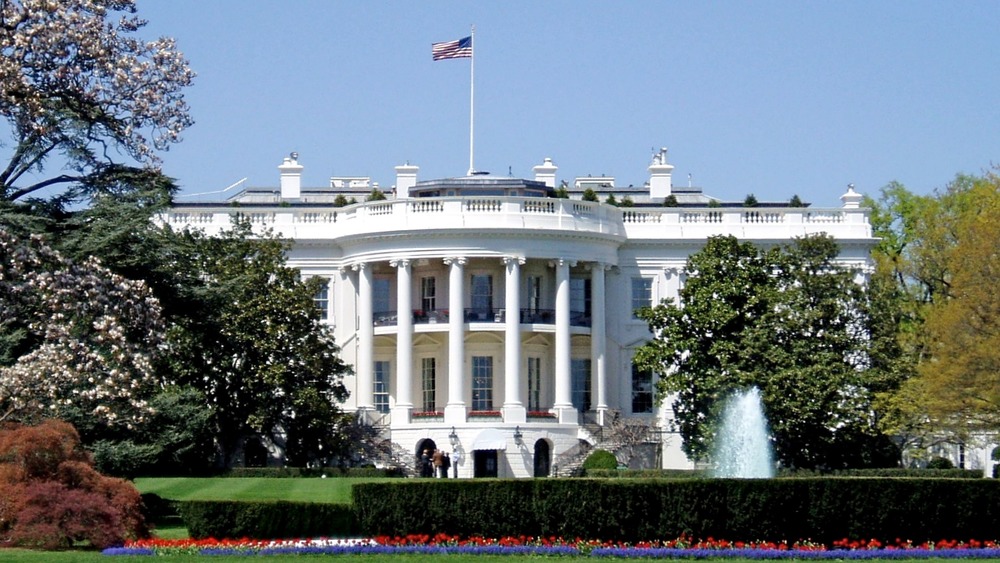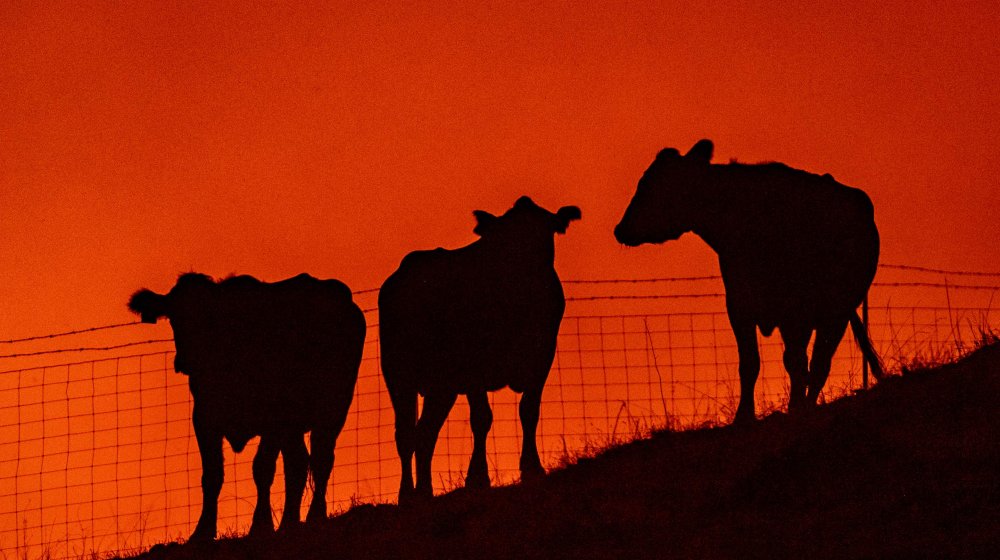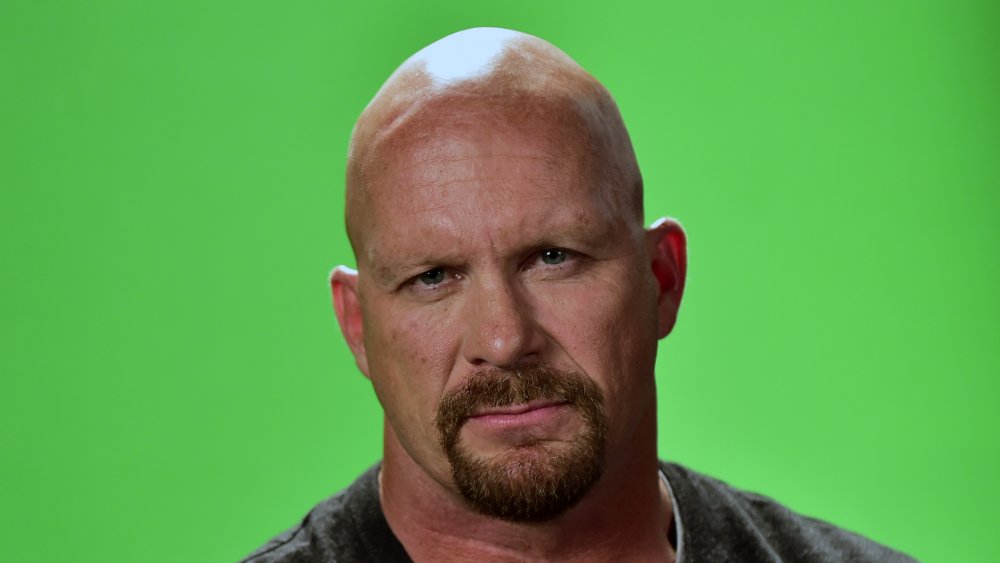
The Dark Truth About Louis Vuitton’s Bernard Arnault
There are two ways people tend to view billionaires, and it really comes down to what part of their lives you’re looking at. It’s difficult to amass that much of the world’s wealth while being an all-around good guy; some might even assume it’s impossible. It’s all about perspective. So, if you look at their business dealings and what products or services their companies have brought to the table, you might think they’re intelligent, business savvy individuals.
Then again, if you look at how they got to that level through the corners they cut — there’s a good chance they cut corners — and the people they’ve taken advantage of, you might just think they’re supervillains, or at least not-so-cool individuals. This is what the “dark truth” of these billionaires is all about, and LVMH chairman and CEO Bernard Arnault didn’t get to where he was by being the best guy on the block.
There always has to be one richest man in the world, and for a while now, that’s been Jeff Bezos, but Arnault keeps periodically stealing the No. 1 slot away from the Amazon billionaire. Forbes points out that Arnault was about $500 million ahead of Bezos at the end of July 2021. He probably won’t stay in that position, since he’s bounced up there a few times. But whether he’s first or second richest man in the world, there’s a dark truth behind his wealth and the company that made him that rich in the first place.
Louis Vuitton burns its overstock
Like every major clothing manufacturer out there, Bernard Arnault’s companies are never going to be able to sell every piece they create. So, what happens with all of LVMH’s excess? Well, as Vox points out, Louis Vuitton — one part of the LVMH empire — burns it. You know, with fire. Burning clothes might not seem like a dark mark in itself, but it certainly can be if you look at it from the right angle.
To be completely fair, Louis Vuitton isn’t the only luxury clothing brand that does this — Burberry, H&M, and less valuable brands like Nike, Walmart, and Urban Outfitters do too — but it’s still a problem for multiple reasons.
First off, it’s an environmental hazard. According to Fuse Inventory, burning clothing creates more carbon dioxide emissions than burning coal does, which is pretty much our dirtiest fuel source. As the NOAA climate website climate website explains, 97% of climate scientists (not YouTubers) agree that humans are the main driving factor behind climate change and carbon dioxide is the main pollutant behind it, meaning that burning clothes has a negative impact on the environment. Sure, everybody is burning merch, but that doesn’t make it right.
Vox explains that what makes this worse is that companies burn clothes to drive up their prices by creating a false scarcity, which is quite a rude thing to do when there are poor people around the world in need of proper clothing. But then again, clothing the poor wouldn’t add to Arnault’s pocketbook.
Bernard Arnault is known as the wolf in cashmere for a reason
Some people earn their nicknames in childhood, and others earn them in the boardroom. Bernard Arnault got his nickname, the Wolf in Cashmere, through his business dealings. Having “wolf” in your name sure makes you sound badass, but it’s synonymous with ruthless, and sometimes ruthless is just a jerk way to be.
Arnault really got his start when he took over his father’s real estate business, according to France 24. He had increased profitability for the firm before that, but with control of the reins, he was able to acquire floundering textile company Boussac, which owned Dior. From there, things started to get vicious. He sold off most of the Boussac brands and began to invest in the new Louis Vuitton company, LVMH. From 1987, he pumped money into shares until he was the largest shareholder of the company. The dude had a plan.
With the power of his share ownership behind him, he was able to ruthlessly unseat LVMH’s chairman and the bulk of the executives on the board. He crushed them because he wanted the seat of power. From there, Arnault bought up several luxury brands and expanded the company immensely. Next thing anyone knew, the dude wasn’t just rich, he was top-shelf rich, and it was the viscous way he removed others from their board seats to take over the company that earned him the name the Wolf in Cashmere. The designer clothes probably didn’t hurt either.
It appears that Bernard Arnault tried to run from France's proposed wealth taxes
Billionaires don’t stay billionaires by letting people take the money that other people’s sweat and blood earned for them, and they certainly don’t want it taken for things like infrastructure and social programs. Taxes? Get outta’ here. There are some countries that tax the wealthy harder than others, and France, for the most part, hasn’t been too heavy handed on the rich, but it has come close in the past. When it did, Bernard Arnault attempted to flee.
Of course, as the Guardian explains, Arnault denies trying to run from the taxes, but the situation certainly makes it look like he did. In 2013, while France was being run by socialist president François Hollande, the government proposed a tax that would take 75% on any earnings over €1 million per year. Possibly in response, Arnault applied for Belgian citizenship. He also set up a foundation in Belgium and moved a €6.5 billion-stake to a company he owned there.
Sure, Arnault may not have been running from the wealth tax, but it looked a little fishy, especially since this wouldn’t have been the first time he’d done it. In 1981, according to France 24, while he was still just running one of his father’s companies, he moved his entire family to the United States. Why? The publication says that he was running away from the French socialists as they tried their hardest to tax the rich.
Bernard Arnault was named in the Paradise Papers
The Paradise Papers were brought to you by hackers. Hold the applause. They’re really not very helpful unless you’re into knowing what assets the super rich hold overseas. But to financial authorities, the Paradise Papers probably held at least some interest.
According to the BBC, they were leaked in 2017, and the vast collection of documents contain the secrets of how the wealthy use crazy complicated systems of offshore finance to hide their money from tax authorities. The list included politicians, celebrities, monarchs, massive corporations, U2 and other musicians, actors, you name it. Among the hundreds of names, as Reuters explains, was none other than Bernard Arnault.
Arnault is obviously the wealthiest person in France, in all of Europe, and often in the world, depending on which day you’re reading the news. He’s apparently got a serious grip on all of his and LVMH’s finances because, as Fashion United points out, he denied any wrongdoing in whatever the Paradise Papers said about him or his company. French newspaper Le Monde (via Fashion United) published a piece saying there was a possibility that Arnault didn’t report all of his assets to the proper authorities, including a large home in an area known for its tax breaks, which might have spelled trouble for the man if it were true. Arnault said the proper authorities on both ends were aware of the place, and they certainly are now.
Bernard Arnault makes enough money to end many of the world's problems, but doesn't
This one is by and large one of the biggest complaints you’ll hear people make when they talk about the uber wealthy. The money keeps funneling upward and these guys hold onto it, amassing more wealth than they could reasonably spend over the course of several lifetimes — about three lifetimes according to the Guardian – but instead of fixing the world, they hide their wealth away so that no one else can have it.
As of June 2021, Fortune estimates Bernard Arnault’s worth to be around $197 billion. To put that into perspective, Global Giving says it would take anywhere from $7 billion to $265 billion per year to totally eradicate global hunger. So if nothing else, Arnault could single handedly feed a vast majority of the hungriest people on Earth for a while without going broke.
Furthermore, Global Giving estimates the cost to provide permanent housing for one homeless person in the United States at around $12,500 per year. If we look at the number of homeless people in some of the top 10 countries to experience homelessness, via Yahoo!‘s estimations, Arnault could easily ease the suffering of entire countries. For instance, using those U.S. housing costs, it would take about $8 billion to house all of Germany’s homeless, and around $22 billion for India. Housing prices around the world are different depending on where you are, but Arnault could definitely make a dent in the homeless crisis with just his checkbook.
Bernard Arnault's company was under investigation for the Karachi affair
Bernard Arnault seems to get caught up in more scandals that one in his position would like, but he usually comes out the other side unscathed. There’s usually either not enough proof to officially implicate him, or he manages to produce proof that exonerates him. Sometimes, though, he simply denies everything with a fury. One scandal that Arnault found himself in the middle of was the Karachi affair.
According to the BBC, the Karachi affair revolves around the 1995 French presidential election, in which Edouard Balladur had been running. Apparently, some donations to Balladur’s campaign fund came from an unsavory source. Specifically, money tied to arms deals with Pakistan was deposited into the campaign account. This came to light when 11 engineers were killed in the Karachi bombing of 2002, which was thought to have been the result of unpaid bribes that were part of said arms deals. The kickbacks from these deals, part of which were in Balladur’s campaign account, were thought to have been delivered by Nicolas Bazire, who Reuters says mentions was an executive and director at LVMH.
Bazire denied the allegations, but he was convicted in 2020 and sentenced to three years in prison (via the BBC). Arnault swears Bazire’s involvement in the kickbacks had nothing to do with his position at LVMH.
Some members of the LGBT+ community and other groups feel betrayed by Bernard Arnault
Luxury fashion has been tied to the LGBT+ community for a long time. It’s a creative field, and historically, creative fields have allowed people to be themselves when other parts of society wouldn’t. The notable connection is easily seen when you look at some of the top-level designers to have had an impact on the industry. As Catwalk Yourself notes, Gianni Versace, Alexander McQueen, Yves Saint Laurent, Valentino Garavani, and others are all heroes of the fashion industry, and they’re all gay men. It’s this connection between the fashion world and the LGBT+ community that had people feeling betrayed when Bernard Arnault joined President Donald Trump at a public ceremony.
In 2019, Trump joined Arnault with a giant pair of scissors to cut the ribbon of the new Louis Vuitton workshop in Johnson County, Texas. Some saw this as a slight for multiple reasons, as is recorded by the New York Times, but the Daily Beast points out why this was a specific issue for certain groups. To begin with, many saw this as Arnault aligning himself with an administration that separated children from their families, alienating immigrants from his brands. Then, there’s the question of how the former president treats and talks about women, making some women feel betrayed. And for the LGBT+ community, Trump made them feel attacked at every turn. To many in the fashion industry, it looked like Arnault was siding with everything they were against.
Bernard Arnault really can't take a joke
Bernard Arnault isn’t the flashy type of billionaire. While Elon Musk and Jeff Bezos seem to love being in the news and having the cameras in their faces, Arnault is more of a reserved man in personality, and he really doesn’t like it when people joke at his expense. He made this evident when he attacked those darned “leftists” over a comedy documentary whose jokes were directed toward the LVMH chief executive.
The film, “Merci Patron!” (or “Thanks boss!” in English), follows an unemployed couple living in one of the poorest towns in France. Why were they unemployed? Well, according to the Guardian, Arnault had moved their jobs to Poland. Arnault says these “extreme left” filmmakers simply believe his company is the worst even though they’ve created tons of jobs over the years… while taking others.
“Merci Patron!” isn’t the only film Arnault may have gotten upset over either. As the Hollywood Reporter points out, in 2011, Louis Vuitton filed a lawsuit against “The Hangover 2” because the production used fake Louis Vuitton bags with the company’s logo slapped on the side as props. You know the scene: Zach Galifianakis’ character carries the bag and tells Stu to be careful with it because “that is a Louis Vuitton,” mispronouncing the brand name with a hard S. It’s just a small piece of a big movie, but Arnault’s company felt it was worth taking legal action about.
Bernard Arnault doesn't let offenses slide either
Most healthy adults tend to let minor offenses to our names slide. After all, what someone says about us doesn’t change our character. But, apparently, when you’re one of the richest people in the world, your name and reputation (not to mention your ego) is worth a lot more. To be fair, it can have an effect on sales, but it’s not like these folks really need any more money.
Bernard Arnault doesn’t seem to let offenses toward him slide at all. We’ve already seen how the billionaire behaves when someone makes him the butt of a joke, so it’s no surprise that the guy gets pretty upset when someone besmirches his expensive name.
According to the Financial Times, Arnault had threatened to remove all of his advertising from French newspaper Le Monde after the publication supposedly revealed information about the billionaire’s use of tax havens following the release of the Paradise Papers. Since advertisements are what keeps newspapers afloat, Arnault threatening to pull his business from them is essentially an attempt to control what the newspaper can and cannot publish.
The Louis Vuitton executive also clashed with another newspaper, as France 24 notes, suing Libération for publishing the headline “Get Lost you Rich Idiot” when Arnualt tried to get Belgian citizenship.
Dior used cheap labor on another continent
Many of us wish that companies wouldn’t take advantage of the impoverished economic conditions of poorer countries, but we know that they do. The poor people in these places are exploited for a fraction of what workers in more developed nations are willing to work for. We might assume that the cheapest of brands are the ones using hands who can barely afford food to make their products, in order to keep prices low. It turns out that’s not the case.
In 2018, according to CNBC, Fashion Revolution released a report that detailed the transparency between large clothing brands and their supply chains. Some brands scored rather high, having been open about where their products come from, but one brand scored a solid zero: LVMH-owned Dior. These rates were based on the openness of companies to share their suppliers, the conditions and pay of their workers, their policies, and more. Maybe there was a reason Bernard Arnault’s brand was keeping their workings on the down low.
Oh, here it is. The New York Times says that Dior was using factories contracted in India to embroider their fabric, and they were less-than-great. The floors were covered in dirt, the employees embroidered by hand, the facility had no emergency exits, and the windows were caged off. This despite LVMH being a signatory of the 2016 Utthan pact, which was meant to “ensure factory safety in Mumbai and elevate Indian embroiderers.”
Bernard Arnault lied about where his company's products were made
You’d expect Bernard Arnault’s brands to produce their expensive, high end clothes in the countries they claim to have them produced. After all, French handbags and Italian shoes are only French or Italian if they’re made in those countries, right? Apparently, not.
We’ve already discussed Dior having its products embroidered in India, but that’s not the end of the story. The Guardian confirmed that Louis Vuitton’s fancy Italian shoes, which cost well over $600 per pair, are actually made in Romania despite the “Made in Italy” stamp on their luscious leather. The Romanian factories were a well-kept secret for a long time, though rumors about them had circulated. When confronted, Arnault straight up claimed they weren’t true at all.
A French documentary team tried to gain access to the shoemaking facility to investigate the rumors, but was turned away. The head Louis Vuitton office in Paris turned the Guardian away too, saying it was an issue of international policy. Still, the workers claimed the shoes were being constructed at the Romanian sites before being shipped to Italy to have the soles attached. Luckily, the Guardian’s journalists were relentless and eventually made it through the gates to confirm that these expensive Italian heels were part of a multi-country scheme.
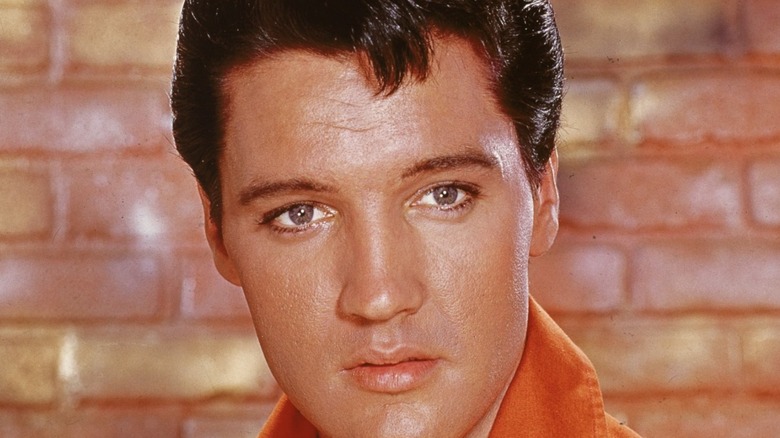
Here's Who Inherited Elvis' Fortune After His Death

The Death Row Inmate Who Survived Lethal Injection

Why Natalee Holloway's Disappearance Remains Unsolved

Deadliest Cats In The World

How This Nearly Decapitated Woman Survived Her Assault
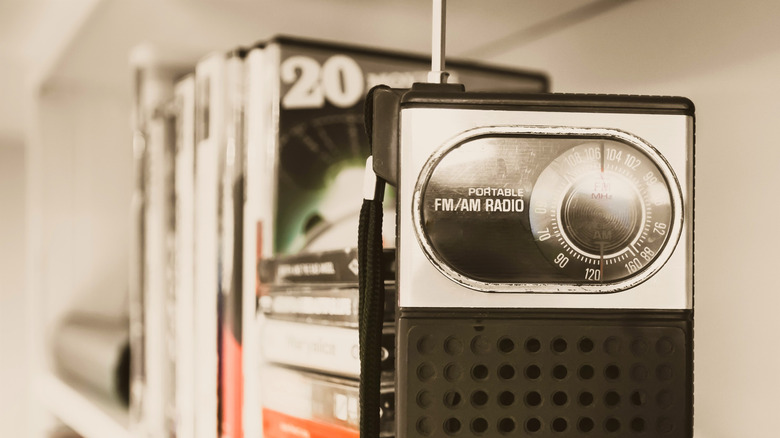
The Forgotten History Of The Transistor Radio
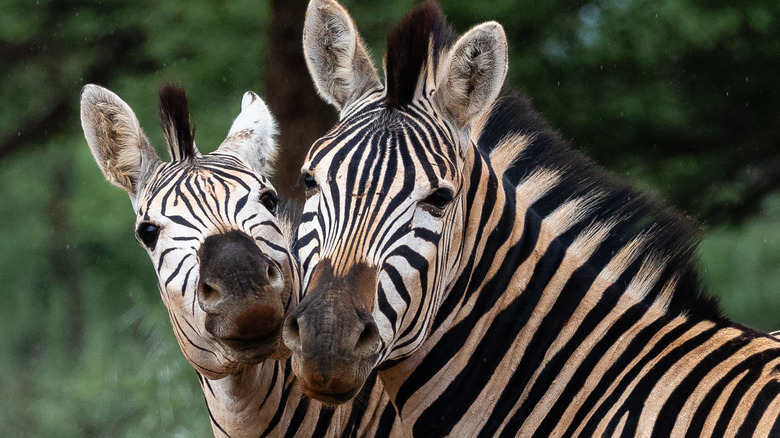
The Reason Why These Animals Went Extinct
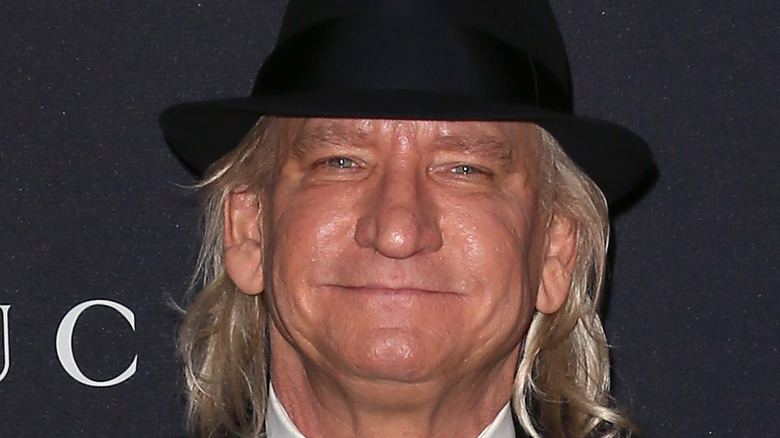
The Untold Truth Of Joe Walsh
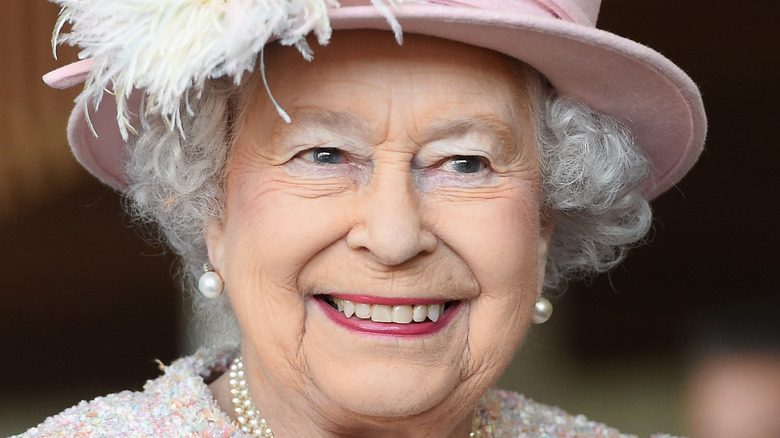
The Queen Pays Taxes Even Though It's Not Required. Here's Why
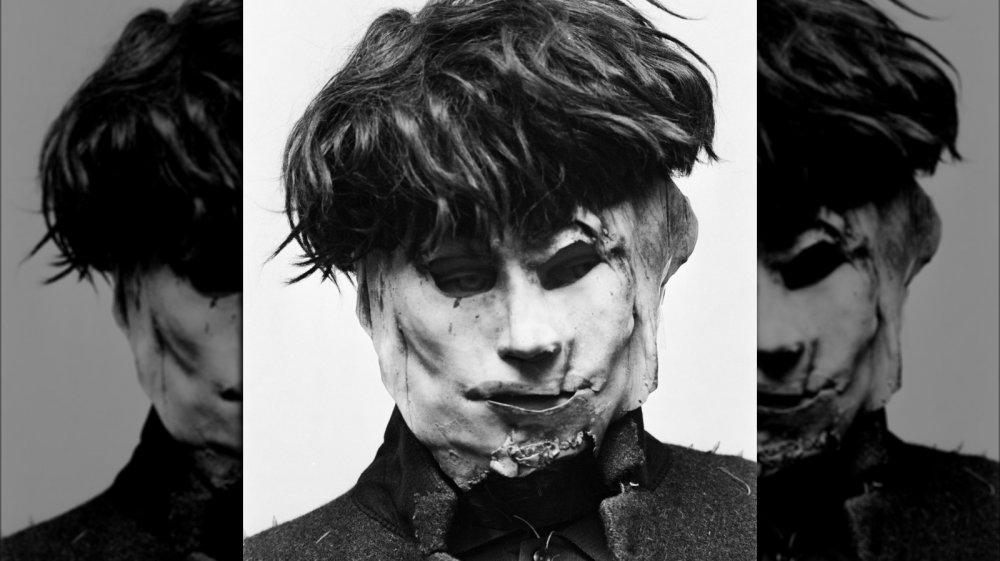
The Terrifying Story Of Edward Paisnel, The 'Beast Of Jersey'
